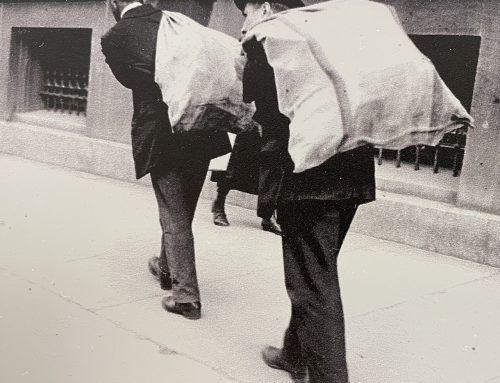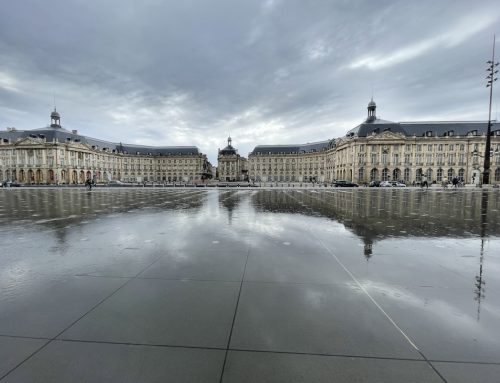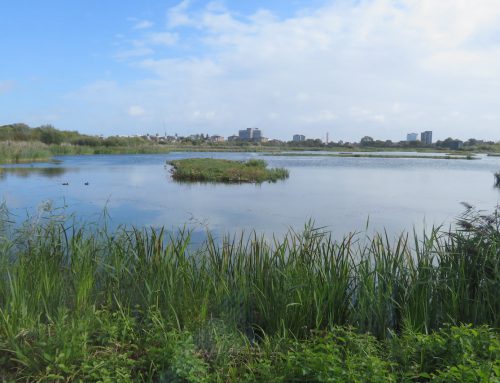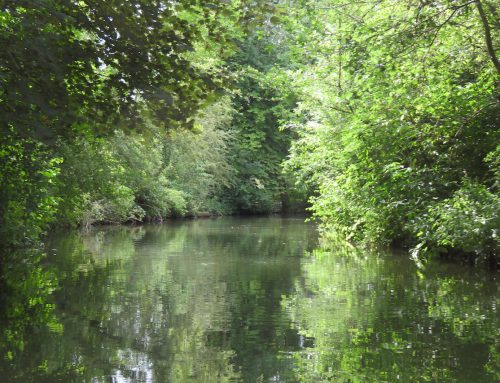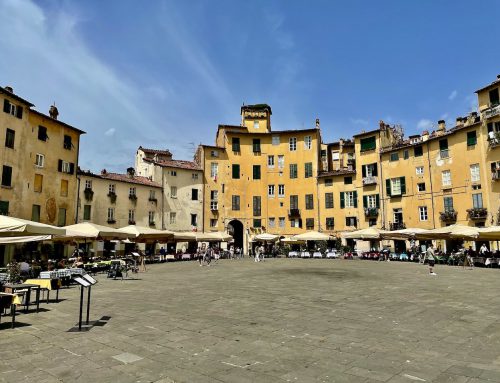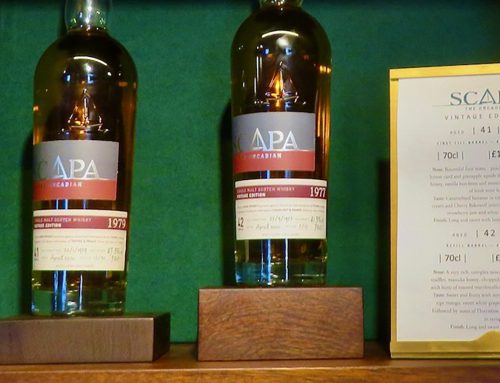The waters close over
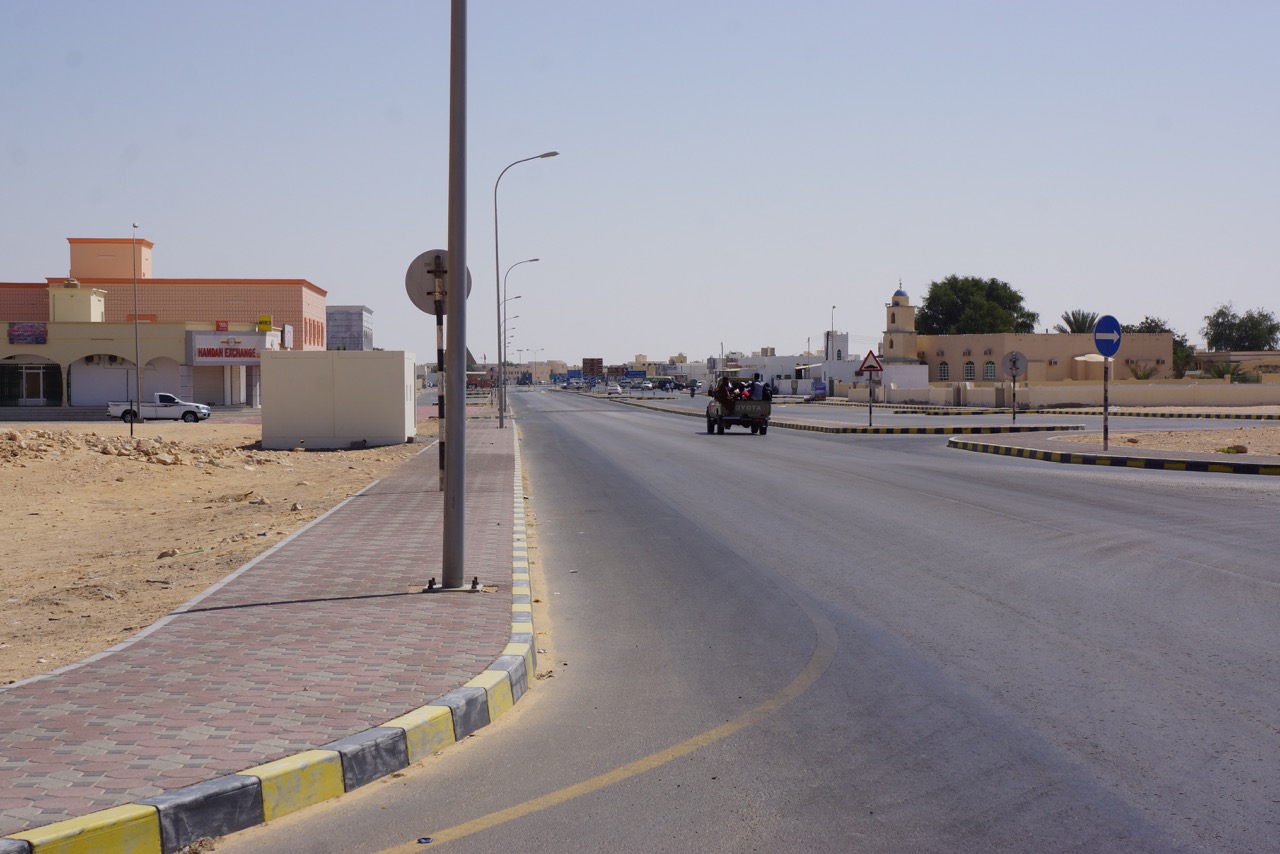
Once open desert. Look at it now.

Once open desert. Look at it now.
Hij, Oman
Disappointed is the right word, rather than upset, as I now realise that however hard we work, whatever we do for Mankind, bar very few exceptions the waters obscure you the moment you fade from public view. Good Heavens, a short while ago a British Prime Minister resigned. Now what was his name? You see what I mean even though when he was in post I recall thinking he was a very decent bloke.
Nowhere has driven that home further, to me at least, than the Southern Wahiba Sands of Oman. I suppose you might call it a pilgrimage. A long time ago, I am embarrassed to say when, I was a Special Forces doctor. Her Majesty - well actually someone in her stead I would guess - sent me to just about the remotest spot on the planet to set up what was called Hearts and Minds. The aim was simple. Befriend the locals, show them you are a good chap, and maybe, just maybe, they will not shoot you when things turn bad.
I am unsure who it was that dreamed up the Wahiba, most likely a chalk stripe from the Foreign Office, but over several days I was transported to a ramshackle lean-to arrangement in a place called Hij at the very southerly tip of the Wahiba Sands. Hij did not have much. There was a battered Portkabin for a health centre, run by a Pakistani medical assistant who had clearly done something wrong in his previous life to end up in Hij. There was the wali’s house made of stone - the wali is the local head honcho - and there was a watering hole for Bedouin camels. That was about it. Apart from my tent, of course, which became my home for several months.
Being a Special Forces activity, we were not meant to be there, although the Russians were clearly wise to what we were doing as within moments they had jammed all radio activity. Actually, that was not too bad. It is astonishing how much more you can achieve when you do not have HQ to order you around. “Blame Moscow” was my standard excuse for everything. It worked wonders. So thank you Putin, in retrospect of course, for being such a nuisance, on the assumption you had something to do with it even then. We are of similar vintage, you see. Without you to blame, so much less would have been possible.
Anyway, there I sat doing what doctors do, until one day the Royal helicopter arrived, unannounced, unexpected, a total surprise. It was big, white, emblazoned with a golden royal crest on its side. You could not miss it as it dropped right out of the bluest sky a desert can muster. I was completely unprepared and had gone native, looking nothing like the military surgeon I was meant to be. I was bearded and dressed in dish-dash and shemaagh. I was even wielding an Arab walking stick, more for effect than necessity. From the belly of the helicopter stepped out a number of bigwigs. There was the supreme head honcho, way above the level of the local wali. Come to think of it now, all those years later, on the day the wali never appeared. My guess is he had gone into hiding, leaving me barely 10 minutes with the ministerial bigwig. Behind the bigwig was an assistant, scribbling furiously on a notepad as we walked.
“What does this place need?” the bigwig asked. I cannot recall him asking very much more.
So I told him - school, hospital, clean water, power, communications, proper housing - I was thinking fast as I spoke as the meeting was totally unprepared. But I saw the assistant scribbling, I saw the bigwig nodding, and in less than a flash they had reboarded the helicopter and leaped back into the sky.
And that was it. The Hearts and Minds came to an end, I had a shower and shave, and arrived back in Blighty some months later after submitting my obligatory report. Does anyone read these things? I doubt it. And yet for years I always wondered, thought, reflected, pondered. What had happened to Hij after we had gone? I just had to know. So that was the thrust of my pilgrimage and that, I confess, was when disappointment set in.
You see Hij is now very different. I could sense that the moment I saw it on the horizon, having bumped and swerved my Nissan down the coast of Oman to reach it. There were buildings as far as I could see, a petrol station, a hospital, a school, a mobile telephone relay station, power, and a well-kept hard-surfaced road. All were features of modern development and well in keeping with the massive development seen throughout the Middle East right now. The wali’s original house had been knocked down and a larger one put in its place. The spot where my tent had been pitched was…wait for it…a speed hump in the middle of the road. Meanwhile my Portakabin clinic had morphed into a two-storey Government building, spotless from the outside and sporting a huge Omani flag.
All around folk were busy, busy, busy. Mechanics were tinkering with cars, carpenters were reshaping wood, and children were playing, squabbling, or even kicking a home-made football. I presumed they had escaped early from school. By any standards Hij could be seen as a development success. My 10-minute meeting with the bigwig had led to a construction programme that is the envy of all around, and there are more changes to follow.
However, as I stood by the speed hump in the heat of the day, the speed hump where I had eaten, slept, written long letters home, few of which had actually made it, I felt a great sadness overwhelm me. My part in all of this would remain forever unknown. The folk around, who were staring at me as the stranger I was, would have no idea how their security had started. That 10-minute meeting with a bearded, unprepared and youthful Special Forces Medical Officer, who had walked at speed around a barren portion of desert, only ever the home of wandering Bedouin - that meeting had led to the Hij I could now see.
And is new Hij any better than the old? I wonder.
For sure, we judge success by buildings, bottom lines of spreadsheets, infant mortality, education; set your standard how you will. But in place of the camels were lines of rusted trucks. In place of the well was a traffic island under construction and nowhere in Hij could I see the laughing, giggling Bedouin and their ramshackle houses that could be assembled and dismantled in a single day.
For sure, I could see them in other desert areas as I had driven through the countryside on my way to Hij. Yet it seems the Bedouin, they call them the bedoo, have been forced out while other less nomadic peoples have come in. As the bedoo depart, so a key part of Arab culture disappears, too. In some tiny way I have contributed to that. And you know what? I do not feel proud.
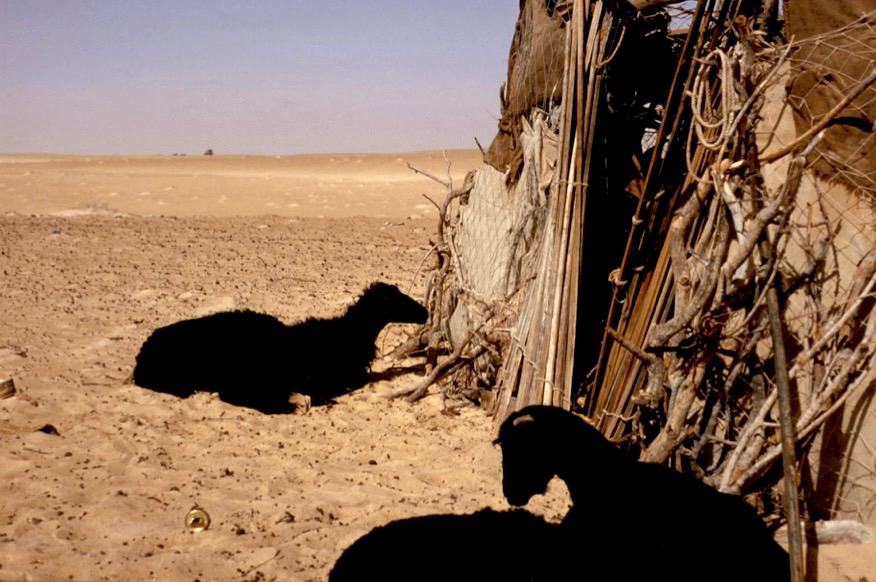
How it was when I first arrived.

